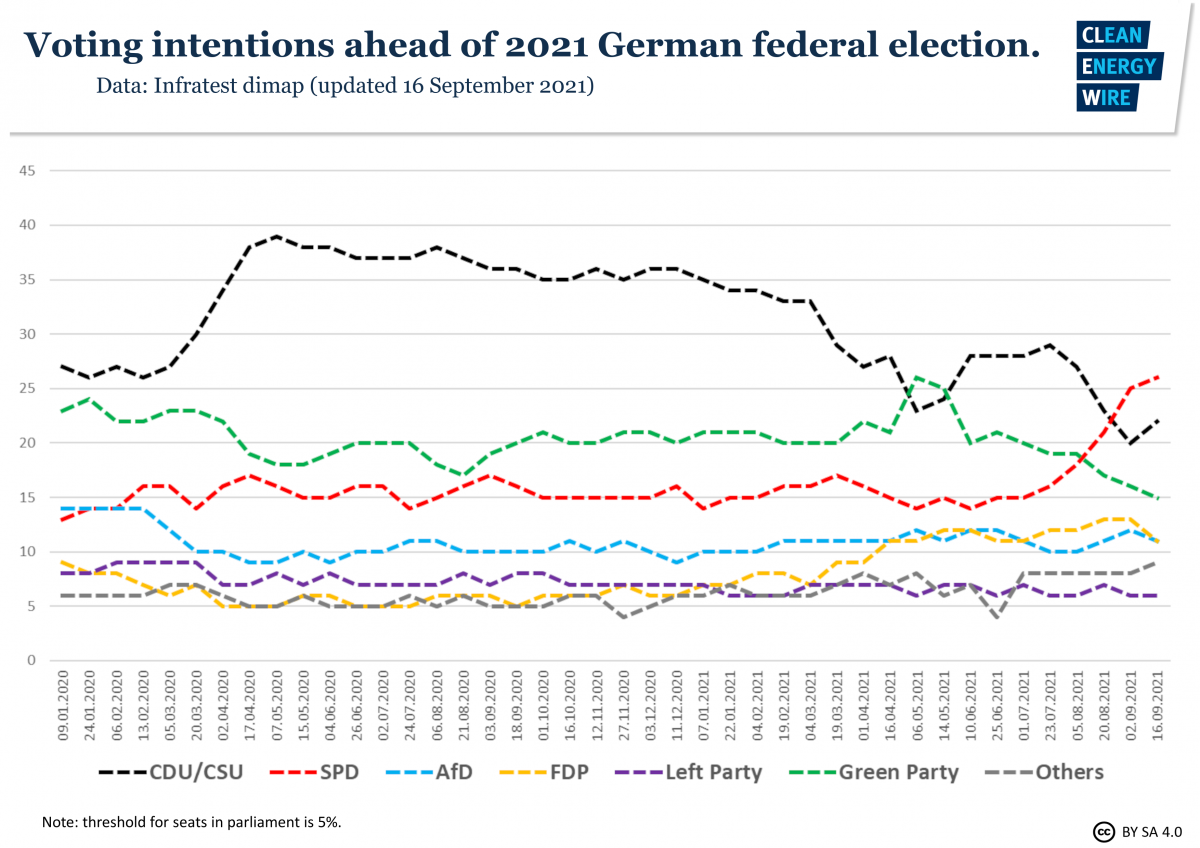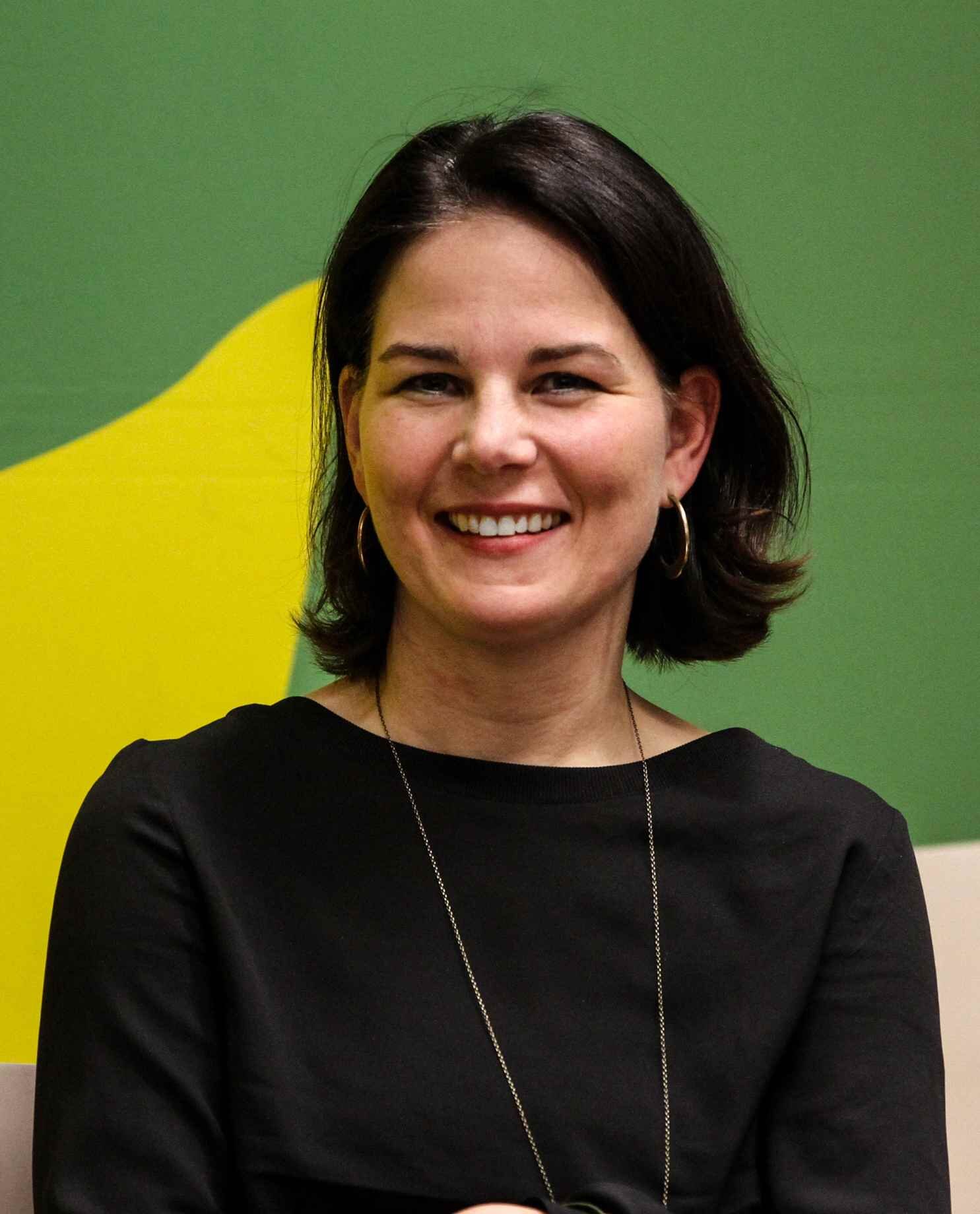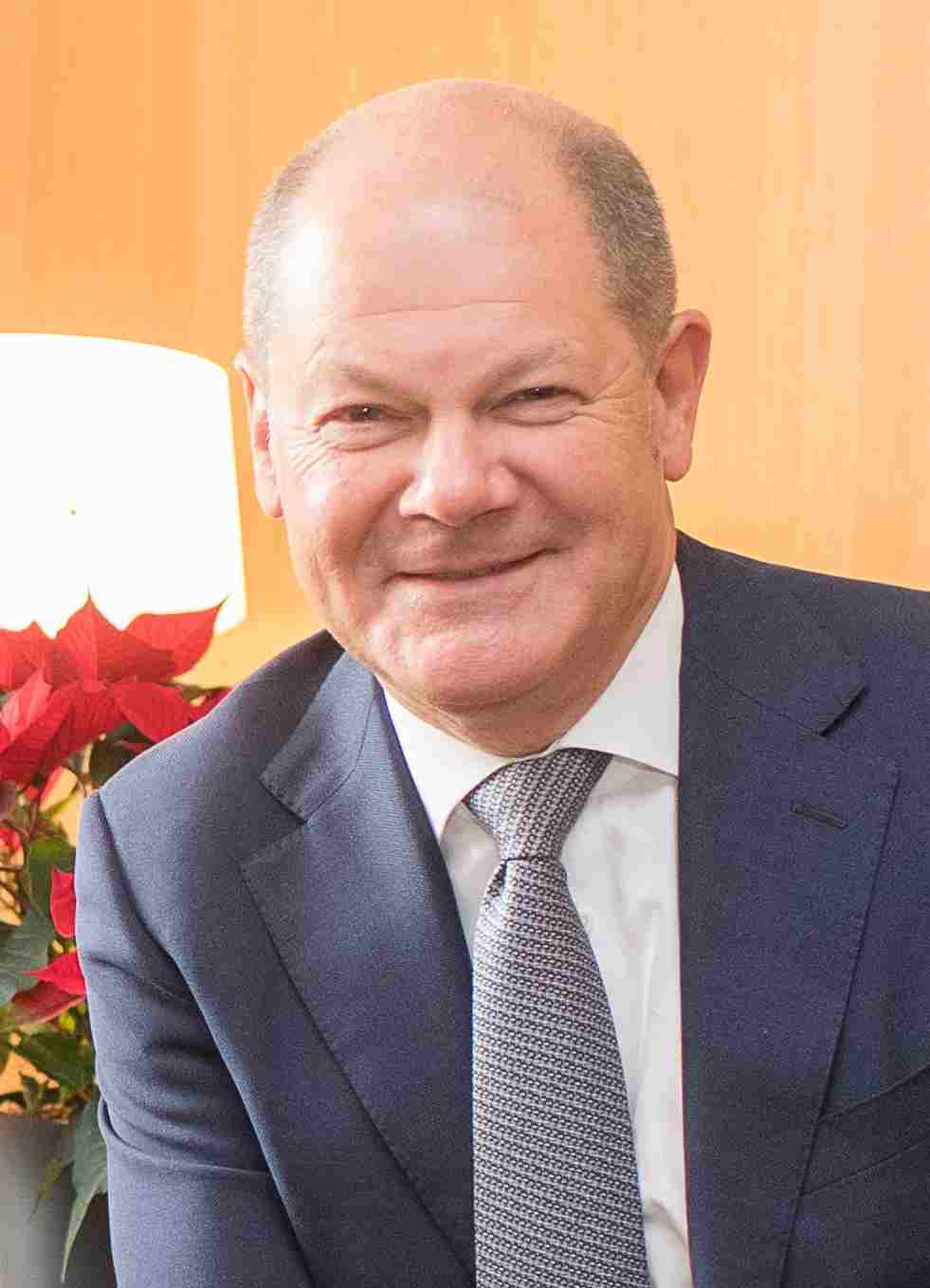Thessaloniki gets ready for its metro launch in November
The underground rapid transit lines have been under construction for almost two decades due to various project delays
 TheMayor.EU logo
TheMayor.EU logo 
The final televised debate ahead of the German federal election, 23 September 2021, Source: Tobias Schwarz/AFP-POOL/dpa
Get to know the frontrunners vying to be the Chancellor after the Bundestag election, as well as some of the key issues for the German people
With the Federal elections in Germany set for this Sunday, 26 September, the whole of the European Union is anxious to see who will end up leading the continent’s powerhouse and succeed the longstanding chancellorship of Angela Merkel.
Germany has a unique way of setting Europe’s agenda and Angela Merkel, along with the Christian Democratic Union/Christian Social Union (CDU/CSU) has been at the political forefront of the EU for the past 16 years. The next chancellor of Germany could potentially fuel a major political shift in the EU parliament, on the international stage and across national governments.
There are three main candidates for the position of chancellor in Germany:
According to a poll by Infratest dimap, the CDU/CSU were favoured to win the most popular support for the better part of the last two years, however, in recent months, the SPD has gained a confident lead.
 The graph on voting intentions for the German Election,
The graph on voting intentions for the German Election,
Source: Clean Energy Wire, (CC BY 4.0)
This partially has to do with a photo of Armin Laschet, who went to visit some of the regions that were particularly hard-hit by the floods from this summer. The photo shows him laughing in one of the flood towns, seemingly uncaring about the victims and the destruction.
Although Laschet apologised for his inappropriate behaviour, but the damage was done and the CDU/CSU approval rating tanked, while SPD rose to prominence.
 Armin Laschet, Source: Raimond Spekking on Wikipedia, (CC BY-SA 4.0)
Armin Laschet, Source: Raimond Spekking on Wikipedia, (CC BY-SA 4.0)
The SPD outperformed the Greens too, as in May and June of 2021, Annalena Baerbock came under serious criticism for failing to disclose her party earnings, an exaggerated involvement with the German Marshall Fund and the United Nations High Commissioner for Refugees, as well as plagiarism allegations.
 Annalena Baerbock, Source: Scheint sinnig on Wikipedia, (CC BY-SA 4.0)
Annalena Baerbock, Source: Scheint sinnig on Wikipedia, (CC BY-SA 4.0)
Olaf Scholz, on the other hand, has been the Minister of Finance for Merkel’s current CDU/CSU-SPD coalition government, as well as Deputy Chancellor since 2018. He has relevant experience in government and according to a report by Tagesschau, this is something that voters are concerned about. His personal approval rating currently sits at 40 points, well above his peers (Laschet's is 19 pt, Baerbock - 13 pt.).
 Olaf Scholz, Source: Bundesministerium für Finanzen on Wikipedia, (CC BY 2.0)
Olaf Scholz, Source: Bundesministerium für Finanzen on Wikipedia, (CC BY 2.0)
It is important to note, that around 16% of voters are still undecided and considering the razor-thin lead the SPD currently have, things can potentially swing in any of the three directions. Furthermore, according to recent polling, no single party will be able to command a secure majority, so whoever the winner may be, they will have to find support across party lines and form a coalition government.
In addition, the race for Germany’s 299 constituencies could get quite fierce, as Olaf Scholz is competing directly with Annalena Baerbock in the region of Potsdam.
According to the DPA, the German Press Agency, some of the key issues pressing on voters are:
Germany’s climate policy has become one of the most politically urgent topics in recent years, as even the German Courts mandate a more dedicated approach from the government. According to the German Association of Energy and Water Industries, the country is behind on renewable goals and to reach the 2030 targets an estimated 1,500 new onshore wind turbines need to build every year. This is a mammoth task with current regional regulations and lengthy approval procedures blunting any formidable effort in that direction.
Another point is climate adaptation and how to tackle the now visible consequences of climate change, in light of this year’s floods.
Regarding the minimum wage, the SPD have promised to raise it to 12 euros per hour, as it currently sits at 9.60. The centre-right Christian Democrats have blocked such an increase in the past, and do not mention a figure in their manifesto.
At the same time, those on the left have promised not to lower pensions or increase the retirement age, while those on the right have warned that this is unrealistic and the whole pensions system needs an overhaul.
Meanwhile, the risk of Islamic attacks in Germany remains high, yet, the same can be said for a recent rise in right-wing terrorist attacks and left-wing extremism. This presents a particular challenge as the Federal Police Act needs a serious update because it was largely written back in 1994.

The underground rapid transit lines have been under construction for almost two decades due to various project delays

Now you can get your wine in Talence by paying directly in Bitcoin

That’s because the state has to spend money on updating the railway infrastructure rather than subsidizing the cost of the popular pass

Rethinking renewable energy sources for the urban landscape

The examples, compiled by Beyond Fossil Fuels, can inform and inspire communities and entrepreneurs that still feel trepidation at the prospect of energy transition

Now you can get your wine in Talence by paying directly in Bitcoin

The 10th European Conference on Sustainable Cities and Towns (ESCT) sets the stage for stronger cooperation between the EU, national and local level to fast track Europe's transition to climate neutrality.

At least, that’s the promise made by the mayor of Paris, Anne Hidalgo

The underground rapid transit lines have been under construction for almost two decades due to various project delays

At least, that’s the promise made by the mayor of Paris, Anne Hidalgo

Hostal de Pinós is located in the geographical centre of the autonomous region

Despite its church-y name, the district has long been known as the hangout spot for the artsy crowds

Urban dwellers across the EU are having a say in making their surroundings friendlier to people and the environment.

Forests in the EU can help green the European construction industry and bolster a continent-wide push for architectural improvements.

Apply by 10 November and do your part for the transformation of European public spaces

An interview with the Mayor of a Polish city that seeks to reinvent itself

An interview with the newly elected ICLEI President and Mayor of Malmö

A conversation with the Mayor of Lisbon about the spirit and dimensions of innovation present in the Portuguese capital














